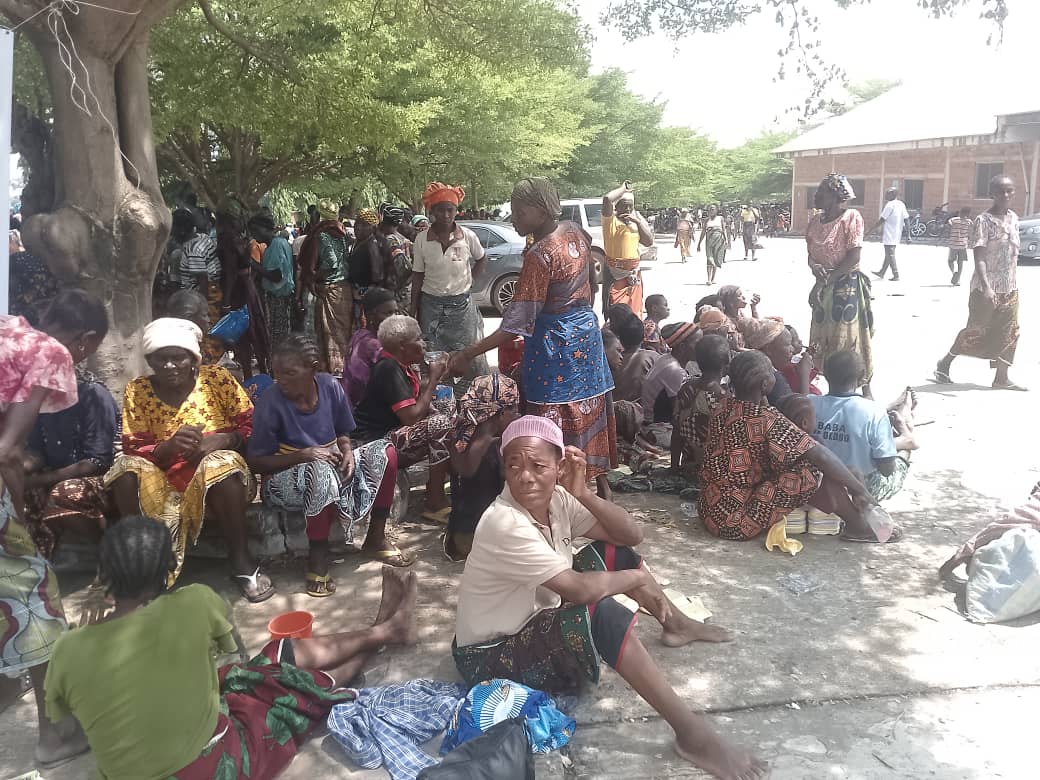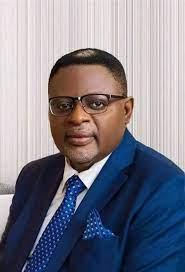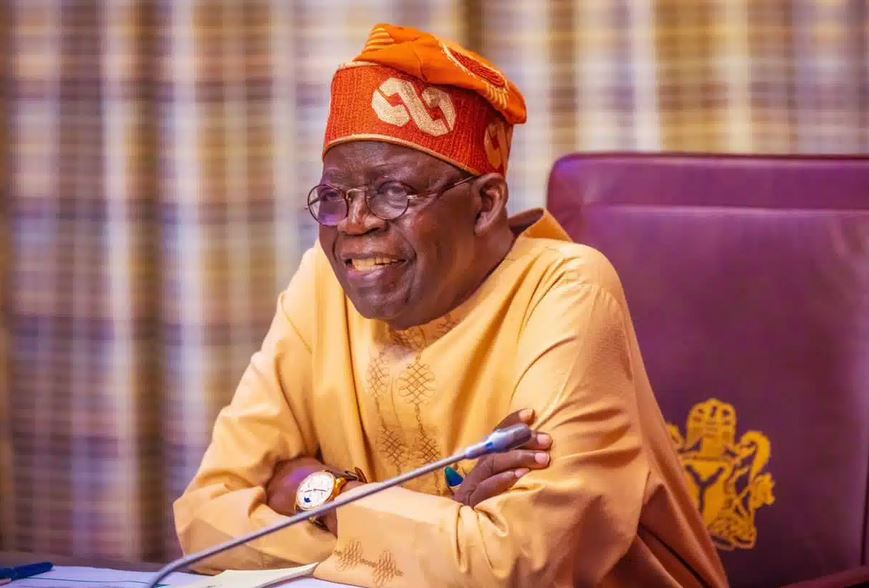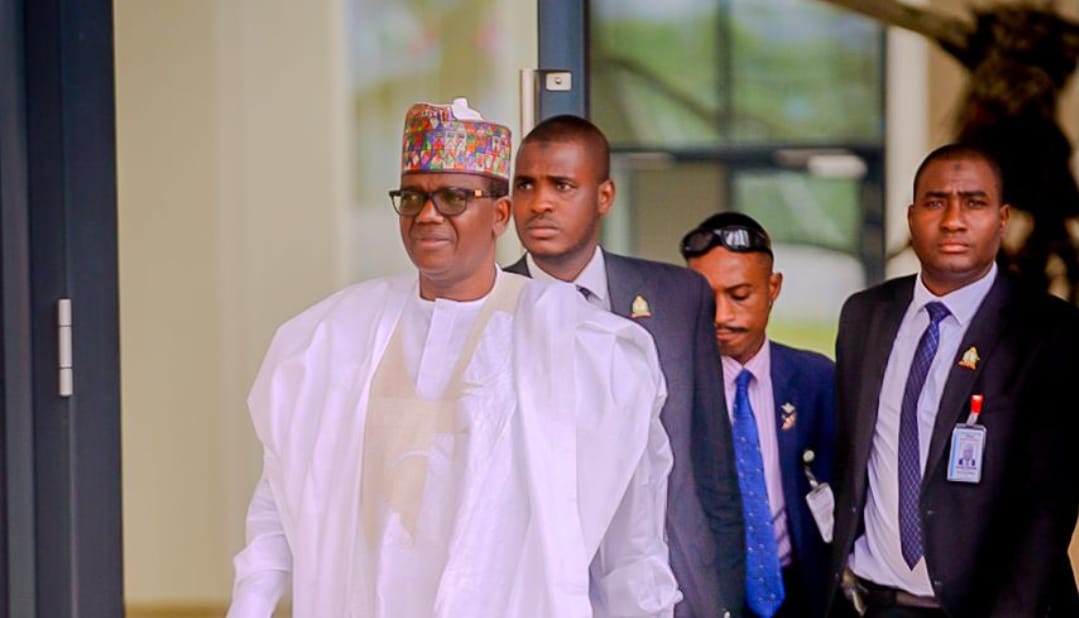General News
Benue is Bleeding: The Demand for Justice by Benue Peoples in Diaspora Must be Heard

By Benue Diaspora Groups
Deep in the heart of Nigeria’s North Central geo-political zone, precisely in Benue state, a humanitarian catastrophe is unfolding—regular bloody, disturbing and persistent shedding of the blood of innocent children, women, the old, poor, marginalized and neglected people is gradually becoming institutionalized.
The state of Benue, once hailed as the food basket of the nation, now groans under the weight of unprovoked violence, displacement, and unchecked killings.From the perspective of the Benue Peoples in Diaspora the foregoing is not a mere unrest or communal clashes; it is a systematic campaign of terror and ethnic cleansing that has left behind a trail of blood, tears, and scorched earth.
Yet, federal attention remains minimal,deserved humane dispositions grossly inadequate, and justice elusive.A recent open letter addressed to President Bola Ahmed Tinubu, signed by leaders of the Benue diaspora group, including Prof. Akaa D. Ayangeakaa of the Mutual Union of Tiv in America and Chief Edwin Ochai of Idoma USA, captures the pain and indignation of a people pushed to the edge. It is a chilling indictment of government inaction and a heartfelt plea for truth, justice, and a return to humanity.
The group notes with particular concern that, over the past few months, attacks in Benue have escalated in brutality and frequency. In Gbagir, Ukum Local Government Area (LGA), more than 70 civilians were massacred in May 2025. Just weeks later, on June 14, Yelewata in Guma LGA witnessed the horrendous murder of over 200 people in what survivors and local observers describe not as a clash, but as a coordinated execution. These were not accidental casualties of crossfire—victims included infants, elderly, and women who were burned alive or hacked to death in their sleep.
The letter decries the Federal Government’s characterization of these atrocities as “reprisal attacks” within the context of a “farmer-herder conflict,” a phrase that has long been used to obscure the complex, and often one-sided, nature of the violence in Nigeria’s Middle Belt. According to the authors, this narrative is both offensive and factually wrong. It ignores the asymmetry of the attacks and lends legitimacy to what can effectively be described as ethnic cleansing. Therefore, calling on the leadership of the state to embark on reconciliatory journey does not arise.
“Was the 7-month-old baby who was hacked with a hatchet and burned alive also a farmer?” the letter asks in bitter disbelief. “Were the infants who died while clinging to their mothers’ breasts part of a ‘farmers-herders conflict’?”
These rhetorical questions are not just expressions of outrage—they expose the moral absurdity of equating unarmed villagers with armed marauders as the President and Commander-in-Chief of the Nigerian Armed Forces, President Bola Ahmed Tinubu made it to sound.
With a heart full of sadness, the President should kindly note that, what is happening in Benue is systematic and widespread. From Agatu to Gwer West, Otukpo to Kwande, and from the rivers of Apa to the farms of Buruku, entire communities have been uprooted, and ancestral lands forcibly seized. Humanitarian organizations estimate that over 2 million Benue indigenes now live in Internally Displaced Persons (IDP) camps, a staggering figure for a state whose agricultural productivity is crucial to national food security architecture.
“Benue has become a site of lost dreams and broken hopes,” the mentioned letter states. Once a state of vibrant rural life and thriving agribusiness, it now reels from economic sabotage, emotional trauma, and cultural erasure.
The devastation also carries serious implications for Nigeria’s food security. As the letter notes, Benue farmers are not mere subsistence growers; they are major contributors to large-scale food production. The breakdown of rural security is thus not just a local concern—it threatens supply chains, livelihoods, and export potential far beyond state borders.
The letter does not mince words about the federal government’s apparent indifference. It takes a particular issue with a June 15 statement by Mr. Bayo Onanuga, the President’s Special Adviser on Information and Strategy. The statement, which labeled the massacres as “reprisal attacks,” is described as “deeply offensive and disheartening.” The authors accuse the federal narrative of “false balance”—an attempt to diplomatically distribute blame and downplay the one-sided nature of the violence.
“There have been no provocations from Benue communities that could justify the scale or frequency of the violence,” the letter argues. “What we witness are deliberate, organized, and targeted attacks on unarmed civilians… To call it anything less than genocide ignores the suffering of thousands and emboldens the perpetrators.”
Moreover, while President Tinubu reportedly cancelled a visit to Kaduna to visit Benue on June 18, the letter emphasised that the gesture, though appreciated, falls short of what the situation demands. In the authors’ view, the lack of federal arrests, prosecutions, or significant interventions represents a dereliction of constitutional responsibility.
“Are Benue lives worthless?” they ask, underscoring the stark disparity in federal responses when violence occurs in other parts of the country like Sokoto, Kano, or Maiduguri.
The letter outlines a six-point demand list, forming a roadmap to justice and long-term peace in the region as follows.
Public Acknowledgment: A clear and unequivocal presidential condemnation of the massacres as acts of terror and ethnic cleansing.
It also demands security Deployment: A coordinated and sustained federal military presence in vulnerable LGAs including Guma, Ukum, Logo, Agatu, Kwande, and Otukpo.
The Diaspora group equally calls for Independent Investigation: A transparent probe into the role—or failure—of military and police personnel in protecting communities, with legal consequences for any found complicity.
As regards resettlement and rehabilitation the Diaspora network prefers a situation where federal program to rebuild homes, farms, schools, and clinics in destroyed communities are adequately compensate victims.
For land Recovery, it was specifically agreed that legal and strategic efforts are made to reclaim ancestral lands and ensure the dignified return of displaced persons.
Equally, Authentic Dialogue, should not be construed to be between “warring parties,” but between the Federal Government and Benue stakeholders to address structural injustices and long-standing grievances.
The letter’s tone is not one of helplessness, but of resolve. It is a reminder that the people of Benue are not asking for charity. It is ladden with specific request. They are demanding justice, constitutional protection, and an end to impunity. The authors challenge the President to demonstrate leadership and humanity in a time of crisis.
“True leadership is measured by how a nation’s leader responds to the cries of their people for justice,” the letter concludes. “The people of Benue are not asking for handouts. We demand our right to life.”
Indeed, while President Tinubu’s visit to Benue is a symbolic gesture, the people yearn for tangible policy actions: security reforms, judicial accountability, and a narrative reset that affirms their dignity.
This moment, as the letter emphasizes, is a test—not just of Tinubu’s administration, but of Nigeria’s collective conscience. Will this be remembered as the time the Nigerian state turned a blind eye to genocide within its borders? Or will it mark the beginning of a turnaround—a time when silence was broken, truth acknowledged, and justice pursued?
The suffering in Benue is real. The fear is real. But so too is the opportunity for moral leadership.
What is at stake is not only the future of Benue State but the soul of a nation. A just and unified Nigeria cannot be built on the foundation of ignored tragedies and double standards. It can only emerge when every citizen, regardless of ethnicity or region, is guaranteed the right to life, safety, and belonging.
As the dust settles on yet another massacre, the Nigerian government must answer the question echoing from every IDP camp, every mass grave, and every weeping mother in Benue: How many more must die before justice becomes policy?
Announcer/Contact: Benue Diaspora Groups* through the Benue Directorate of Diaspora Linkages and Investments
General News
Otu Receives New Charts for Bakassi Deep Seaport

From Ene Asuquo, Calabar
The Cross River State Government has recorded a major breakthrough in its quest to transform the state into a maritime hub with the official presentation of the Hydrographic, Geotechnical, geophysical Report and New Navigational Chart for the proposed Bakassi Deep Seaport project.
Out, who spoke at a formal ceremony held in the State Executive Council Chamber in Calabar, described the event as a “historic milestone” that not only affirms Nigeria’s maritime boundaries but also sets the stage for an economic revolution across the Gulf of Guinea.
“This is truly a historic day, not just for Cross River State but for the entire country,” Governor Otu said.
“What we have achieved today replaces charts dating back to 1903 and settles long-standing debates about Cross River’s status as a littoral state. This chart clearly affirms our coastal status.”Otu emphasized that the updated maritime chart now aligns with S-100 international standards, positioning Cross River for deepwater commerce and international shipping operations.
“When we connect this with the ongoing coastal highway, we’re looking at a completely different city,” he said. “The economic potential is enormous.”
Otu acknowledged the foundational work of former NDDC Chairman Professor Eyo Etim Nyong, describing the seaport project as a dream revived and revitalized.
“We picked up this dream where the former governor, Professor Ben Ayade left off. Public funds had been committed, and we could not allow it to die. Today is another giant step toward its full realization,” he said.
With the technical phase complete and the report formally presented, Governor Otu disclosed that the project now awaits a final seal of approval from the Federal Executive Council (FEC).
“Once we get that FEC seal, work starts almost immediately,” he assured. “Cross River is ready, and this project is not just for us, it is for Nigeria and for West Africa.”
The presentation was led by Rear Admiral Ayo Olugbode, Hydrographer of the Federation and CEO of the National Hydrographic Agency of Nigeria, alongside senior naval officers including the Chief of Naval Staff, Vice Admiral Emmanuel Ogalla, and Rear Admiral Anyo Olokunle.
Rear Admiral Olugbode described the report as the culmination of an intensive multi-year effort, beginning with a formal flag-off on December 21, 2024, and followed by rigorous data acquisition starting January 6, 2025. The survey, he said, covered hydrographic, geophysical, and geotechnical dimensions, all aimed at ensuring safety, precision, and international compliance.
“This is more than just a technical report. It is the bedrock for constructing and operating the Bakassi Deep Seaport,” he said. “It provides essential data for engineering design, dredging, breakwater construction, and navigation safety.”
He added that the data would boost investor confidence, enable effective ocean governance, and contribute to global initiatives such as Seabed 2030, a project that aims to map the entire seafloor of the world by 2030.
Olugbode also praised the Cross River State Government for its unwavering support.
“Your Excellency, your administration’s commitment and facilitation of logistics created an enabling environment for the success of this complex operation,” he noted.
The Bakassi Deep Seaport is expected to catalyze investments in shipping, logistics, trade and tourism, while creating jobs and strengthening Nigeria’s position in the global blue economy.
General News
Tinubu on Visit, Approves Diplomatic Relations between Nigeria, Saint Lucia

By David Torough, Abuja
President Bola Tinubu yesterday announced the establishment of diplomatic relations with Saint Lucia, describing it as a “symbolic bridge that will provide a gateway in fostering closer ties between us.”
Tinubu stated this while addressing a special joint session of the Senate and House of Assembly of Saint Lucia at the William Jefferson Clinton Ballroom, Sandals Grande, Gros Islet, Saint Lucia.
The President proposed creating a Joint Commission or Political Consultation Agreement as a mechanism for structured cooperation between Nigeria and the Organisation of Eastern Caribbean States (OECS).
Tinubu also announced that he would offer full scholarships to students from the OECS to promote cultural understanding, further strengthening the bond between Nigeria and the Eastern Caribbean states.
The Nigerian leader, who delivered his address in the presence of leaders from the OECS, emphasised the deep historical and cultural bonds between Nigeria and the OECS and called for greater people-to-people engagement.
The leaders of Grenada, Antigua and Barbuda, St Kitts and Nevis, Dominica, the Premier of Montserrat, Saint Martin and Saint Vincent were in the audience.
Tinubu declared Nigeria’s openness to visa waivers for OECS diplomatic and official passport holders and urged reciprocal gestures to facilitate smoother official travel and closer institutional cooperation.
Tinubu in a statement by his spokesman was quoted as saying: “I respectfully urge a reciprocal gesture to enable smoother movement of officials and foster closer institutional cooperation.”
He reaffirmed Nigeria’s commitment to deepening ties with OECS and Caribbean nations, anchored in shared African heritage and Pan-African ideals.
On economic diplomacy and trade, President Tinubu offered OECS access to Africa’s largest market and called for joint ventures and deeper commercial ties.
He advocated enhanced trade and investment partnerships, especially in agriculture, manufacturing, and services that would position Nigeria as a supplier and destination for OECS exports.
Tinubu proposed a maritime university collaboration and extended Nigeria’s Technical Aid Corps (TAC) programme to OECS countries.
He emphasised Nigeria’s readiness to provide skilled education, healthcare, and engineering professionals to support regional capacity-building.
Recognising the existential climate threats facing small island states, Tinubu called for joint research on adaptation strategies, sustainable agriculture, disaster preparedness, and climate-induced migration.
Reiterating Nigeria’s Afrocentric foreign policy, Tinubu emphasised the cultural and historical ties between Nigeria and the diaspora, as well as its enduring role in global Black solidarity.
While calling for unity, Tinubu quoted Marcus Garvey and an African proverb.
“Likewise, an African proverb teaches us: ‘If you want to go fast, go alone. If you want to go far, go together.’ Let us journey together, united in purpose and fortified by our common heritage,” he said.
General News
Group Commends Matawalle for Zamfara Cargo Airport Vision

By David Torough, Abuja
A Zamfara-based civil society group has hailed the former Governor and current Minister of State for Defence, Dr Bello Matawalle, for his foresight in initiating the Zamfara Cargo Airport project.
The Zamfara Good Governance Group (ZGG), in a statement issued on Monday, praised Matawalle’s leadership, describing the cargo airport as a “strategic and transformative initiative” aimed at unlocking the state’s economic potential.
Chairman of the group, Aminu Kabiru Tsafe, said the airport project was designed to attract foreign direct investment into critical sectors such as mining, agriculture, tourism, and hospitality.
“Dr Matawalle awarded the project at N11.8 billion, with N7 billion already paid,and the construction has reached 60 percent completion before he left office, showcasing his fiscal discipline and developmental drive,” Tsafe said.
He noted that the former governor’s broader vision was to position Zamfara as an economic hub, capable of creating job opportunities and lifting residents out of poverty.
ZGG also commended Matawalle’s security achievements, stating that his administration rescued over 1,200 kidnapped victims and recovered significant weaponry, all with limited resources.
However, the group expressed concern over the revocation and re-award of the cargo airport contract by the current administration under Governor Dauda Lawal.
Tsafe accused Governor Lawal of inflating the project cost to N62.9 billion, and further to N90 billion in a revised budget, calling the move “unjustifiable and wasteful.
“It is important to remind the people of Zamfara and Nigerians that this is the same Dauda who, when coming into office, promised the people heaven and earth. He vowed not to touch the government’s coffers.
“But how come he inflated a project that was initially awarded at the cost of ₦11.8 billion to ₦60 billion? And that wasn’t enough—another variation of ₦30 billion has now brought the total to ₦90 billion.
“It is now left for the people to judge between Dr Matawalle and Dauda Lawal—who truly has the people’s interest at heart? Even an international airport would not require such a huge budget.
“Dauda clearly does not have the interest of Zamfara people at heart. We must tell ourselves the truth.”
He also remind the public that Lawal had promised the airport would be used for Hajj in 2023, a pledge that was never fulfilled.
ZGG criticised what it called Governor Lawal’s failure to build on the foundation laid by Matawalle, despite receiving significantly higher monthly allocations than his predecessor.
“Zamfara deserves better. We call for transparency and accountability in the management of public resources,” the group said.
The statement concluded by urging citizens to recognise and uphold the legacy of Dr Matawalle while demanding better performance from the current government.





















